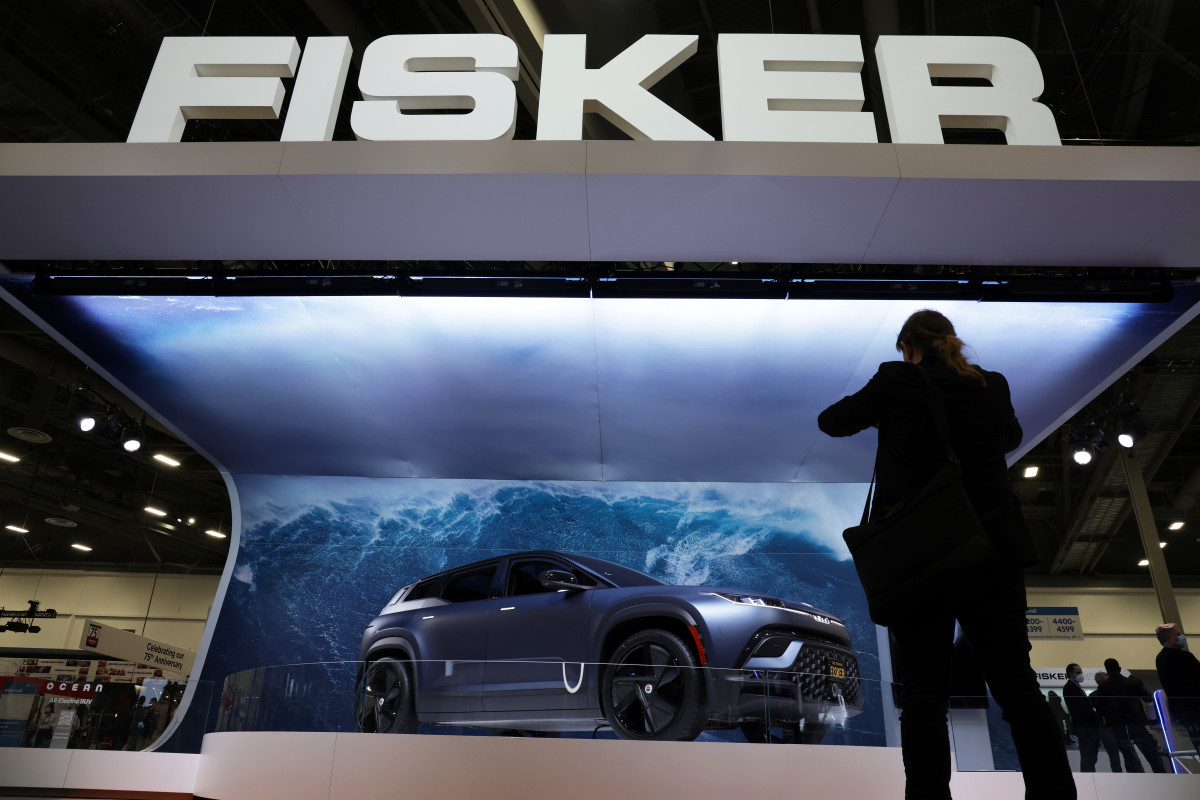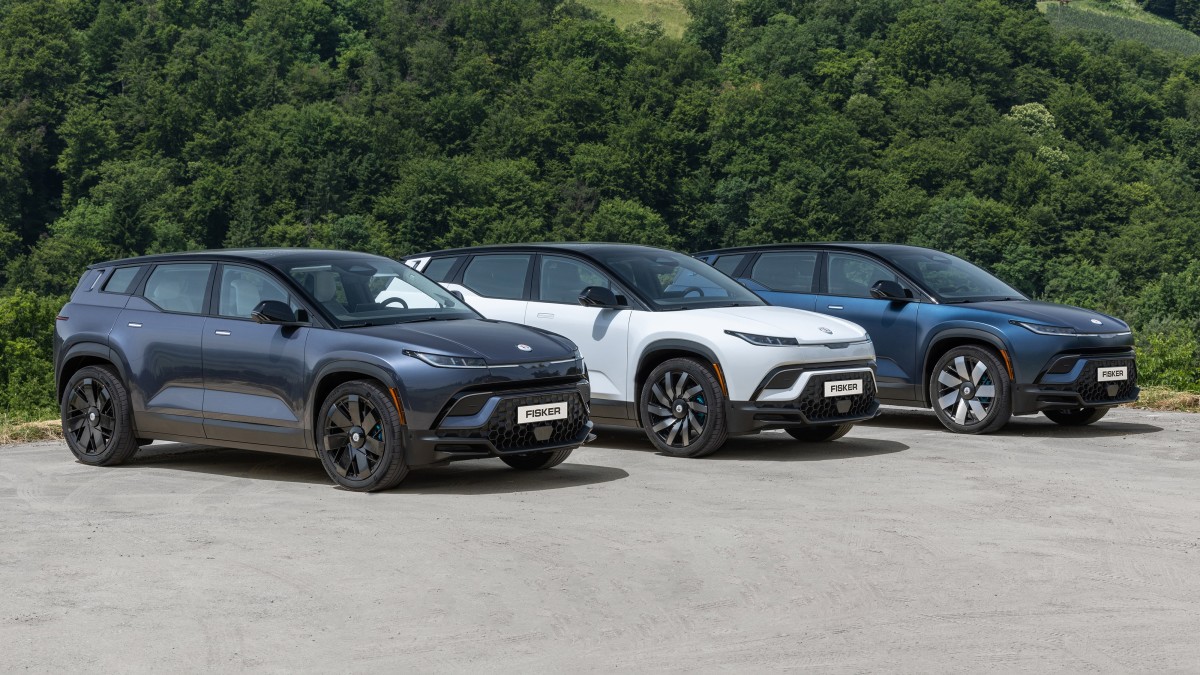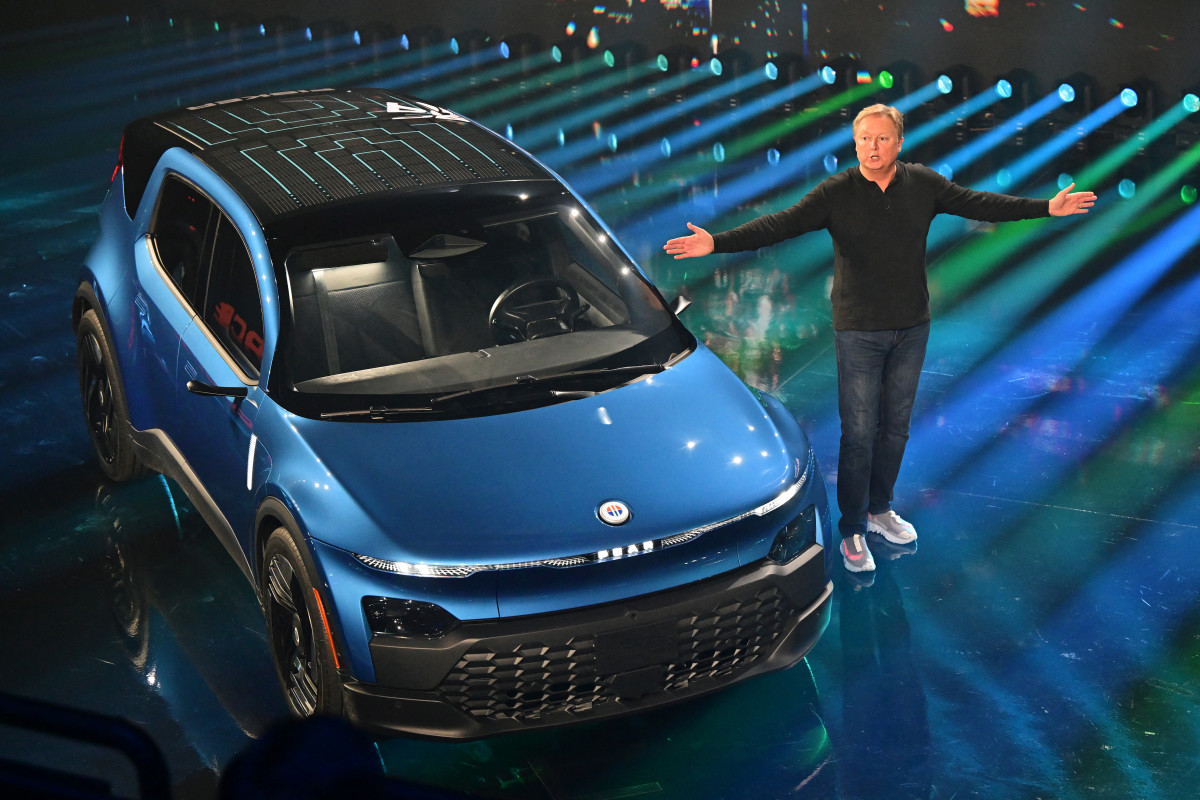
Running a car company is very hard, but in this case, the events leading up to its ultimate demise should be considered a tragedy.
An ambitious EV startup with Tesla in its crosshairs has called it quits after a roller coaster of quality issues, recalls, and controversy regarding a prolific YouTuber led to its delisting from the New York Stock Exchange and its ultimate fall from grace.
Related: President Biden's EV 'mandate' is Trump's latest political boogeyman
In a statement released early on June 18, Fisker Group Inc., the operating arm of Manhattan Beach, California-based Fisker Inc., has filed for Chapter 11 bankruptcy protection in Delaware.
Citing "various market and macroeconomic headwinds," the brainchild of celebrated Aston Martin and BMW designer Henrik Fisker said it is in "advanced discussions" with stakeholders to find buyers for its remaining assets.
Fall from Grace

The EV startup's collapse marks the second time in 10 years that one of Henrik Fisker's automotive ventures has gone bankrupt. Previously, the designer was involved with Fisker Automotive, a separate but similarly named company that folded in 2014. Its sole product was the Karma, a sleek extended-range EV sedan that was a game-changer when it was introduced in 2011.
In 2023, Fisker Inc. began deliveries of the Ocean, a battery-electric crossover SUV with its sights set directly on Tesla. The sleek electric cruiser was meant to mark a comeback for Fisker's name, but problems with the new car would begin to mount and pile up.
A February 2024 report by TechCrunch exposed various problems and issues regarding the Ocean, including suddenly losing power, cars experiencing loss of braking power, malfunctioning key fobs, and front hoods unlatching and flying up at high speeds.
Additionally, on Feb. 16, the NHTSA launched a preliminary investigation into the Ocean's “unintentional vehicle movement,” precisely the vehicle's inability to shift between gears, including the parking gear. According to Reuters, one of the complaints alleged an injury to an owner.
Later the same month, YouTube tech authority Marques Brownlee declared the Ocean the "worst car" he has ever reviewed in a scathing 20-minute video on his Auto Focus channel.
In the review, he praises the Ocean's unique styling, comfortable seats, rear seat space, and lively driving experience. Still, he points out a long list of issues, including key fob issues, an improperly calibrated hill hold, and critical software issues that made the car feel "unfinished," according to Brownlee.
"There are so many annoyances, especially with things just like the cameras and the driver assistance things beeping and blinking randomly for no reason," Brownlee said in the video. "It just feels like the buggiest car I've ever tried."
After Fisker updated the Ocean software, Brownlee provided an updated review in April 2024. However, his scathing opinion still stood, as issues that stood out in his previous review continued to occur.
"[Fisker's Software is] still of a laggy, buggy mess," Brownlee said in his video.
"There is more [software] delay than I would expect for a new car that costs fifty, sixty thousand dollars. This is the main thing that I think, if Fisker is to continue to exist, that they will need to work on in order for this car to be acceptable."
In a post on X (formerly known as Twitter, Brownlee refuted any claims for "killing" the brand, noting "they were doomed long before any of my videos."
RIP
— Marques Brownlee (@MKBHD) June 18, 2024
I know everyone's commenting that I killed them, but truth is they were doomed long before any of my videos.
It's sad news because we (always) need more competition in the EV space. But this one never made it over the hill https://t.co/7YJZeCuMNj
A failed deal, de-listing, and a fire sale

Fisker
On Feb. 29, during its fourth quarter earnings, Fisker warned that it may not have enough money to survive the next 12 months, noting that there is "no assurance that Fisker will be successful" in finding additional equity or debt financing.
"If the financing is not available, or if the terms of financing are less desirable than Fisker expects, the company may be forced to decrease its planned level of investment in product development, scale back its operations including further headcount reductions, and reduce production of the Fisker Ocean, which could have an adverse impact on the company’s business and financial prospects,." it added.
The following, though the idea of owning an Ocean EV did not sound like a bad deal, the system Fisker relied on to make them makes it seem that the company wanted to be as "hands-off" as possible.
Many automakers, like Mercedes-Benz, employ contract manufacturers like Magna Steyr to save valuable space on their factory floors. For example, the German automaker uses the Austrian contractor to produce its six-figure G-Class off-roader, but Fisker intended for Magna to have a larger role.
In a June report by InsideEVs, former Fisker employees revealed that the company did not plan to provide or stockpile spare parts for repairing Ocean EVs. The report noted that the firm's figureheads insisted on the vehicle being "perfect" coming out of the factory, which led Fisker technicians and employees to dismantle perfectly good cars in order to provide spare parts, as well as smuggle parts in suitcases.
Related: Fisker employees reveal some sketchy practices
Fisker's bold future plans

With Fisker going through the motions of its Chapter 11 bankruptcy, plans for its future models are in complete limbo, as it sought out to extend its lineup past the Ocean.
It had plans for a model called the Ronin, a curvaceous, limited-run high performance convertible that would have had 1,000 horsepower, a 0-60 miles per hour time of about two seconds and a price tag of $385,000.
Fisker also had plans for a pickup truck called the Alaska. Its answer to Rivian's R1T would have had up to a 340 mile range when it would have made it to series production in Q1 2025.
Additionally, the California brand had an 'affordable' model in the works: an Ocean-esque compact called the Pear. Priced at $29,900 before incentives, it would have had up to 320 miles of range, as well as rear and all-wheel-drive versions like its once-potential rival; the Tesla Model Y.
Related: Veteran fund manager picks favorite stocks for 2024







